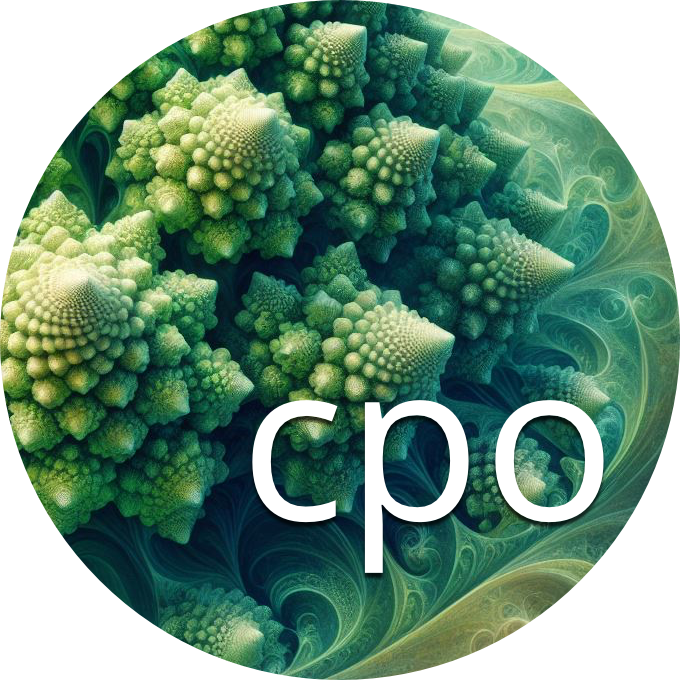Caveat Emptor! The Rhetoric of Choice in Food Politics
Abstract
This project is about a form of corporate predation that entails both policy influence and cultural legitimation. Neoliberal explanations of the inability of citizens to thrive in the current socio- economic condition typically rest on a combination of victim-blaming and appeals to the individualistic rhetoric that assumes we all enjoy equality of opportunity and freedom of choice. It is common for corporate lobbyists, and politicians under their influence, to argue against consumer protection on the grounds that such efforts are paternalistic, and that they therefore undermine consumer sovereignty. By this logic, illnesses that are highly correlated to diet are problems that consumers can avoid, and it is not the duty of food companies or government to prevent consumers from making “bad choices.” Implicit in this moralistic narrative is that consumers have sufficient knowledge about the alternatives to enable them to make “good choices.” Major food lobbies use their political influence to oppose government regulations of food, based on the reasoning that consumers deserve the right to choose. Food industry groups also will sometimes invest heavily to prevent legal requirements to disclose information that might enable consumers to make informed choices, creating a predatory double-bind. In this essay, I discuss how the rhetoric of choice is employed by the food industry, how it is formulated within the political context of the United States, and how that rhetoric poses threats to food systems globally.
Note: Download statistics restarted from zero effective January 1, 2024. Please follow this link to see cumulative download statistics from our previous publishing platform: CPO Download Statistics 2012 - 2023
How to Cite:
Calabrese, A., (2017) “Caveat Emptor! The Rhetoric of Choice in Food Politics”, communication +1 6(1). doi: https://doi.org/10.7275/R5CZ35CR
Downloads:
Download PDF
View PDF
1225 Views
147 Downloads
